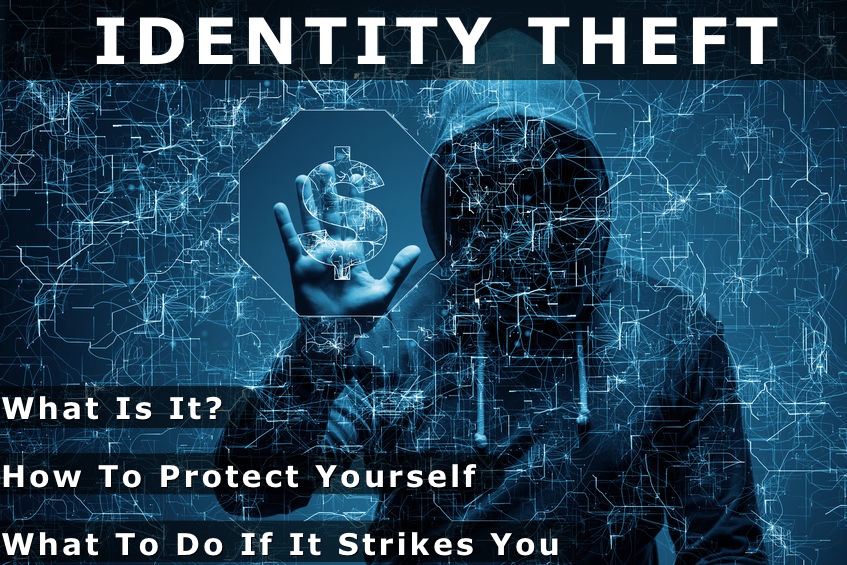Most identity thieves work quickly, because they know they have limited time to act before being found out. If you suspect you are a victim of identity theft, you need to work just as fast.
Lock Down Accounts
The first thing to do if you notice a problem with one of your accounts is to contact the institution that handles the account. Let them know there is suspicious activity. You will need to start the process of disputing the charge or charges, but you should also take measures to lock the account at least temporarily or possibly even close the account.
Your financial institution can walk you through the process of changing your account numbers and issuing new checks, ATM, debit or credit cards as necessary. If the account in question is a bank account that is linked to other accounts, like maybe you have set up automatic bill pay or maybe you have direct deposit, you will need to make any necessary updates.
Once you have secured the problem account, check all of your other accounts. Even if they are not connected in any way, still make a point to double check. You do not know how the thief was able to access the initial account, so you don’t know what information he or she has, and what else they can access. If you notice any suspicious or out of the ordinary activity on your other accounts, go through the same process of contacting the managing institution or company to sound the alarm and secure the account.
File Reports
After you have done your best to minimize the damage and prevent further theft, you will need to file a report with the Federal Trade Commission. You will receive information regarding next steps, and even tips to help you dispute any fraudulent charges. Filing a report with the Federal Trade Commission will also generate an identity theft report, which you can later use to repair your credit report.
You will also need to file a report with your local police department. This can be tricky, because some agencies require crimes to be reported in the jurisdiction where the crime occurred. If you know who stole your identity and where that person is located, you can file a complaint with their local police department. Reports can be filed over the phone if necessary. If you do not know the location of the crook, go ahead and file a report with your local police department.
Freeze Your Credit
You may decide to freeze your credit after your identity is stolen. This is not mandatory, but it will prevent the three major consumer reporting agencies from releasing information about your credit history should any requests come in. This can be beneficial, because if a thief attempts to open any new accounts using your information they will likely be unsuccessful. The agency that issued you the freeze may provide a PIN you can use to grant access to your credit report should you need to open new accounts while the freeze is in place. You can choose when to lift the freeze; although, some states specify the length of the freeze.
Getting Your Money Back
All banks and credit card companies have policies in place to deal with fraudulent charges. Once you have disputed the charges, it is up to the institution to determine if you will be reimbursed or if any charges and fees will be dropped. If the thief is brought to justice, stolen money may be recovered or the individual may have to pay restitution.
Fix Your Credit Report
Your credit report is used to generate your credit score, essentially a number financial institutions use to determine how much of a risk it is to lend you money. Good credit scores enable you to take out loans when you want to purchase a new car or a home, or open credit cards. Landlords typically run a credit check before renting apartments, and even some companies check the credit score of applicants before offering a job. Identity theft can trash your credit score and cause long-term damage. Fixing your report and score will take some effort, but can prevent a bad score from standing in your way when you want to open accounts, purchase a home or do anything else that requires a good credit report.
Protect Your Identity
We are here to help. Call us at 800-624-3339 or click here to contact us to learn more about identity theft and how identity theft insurance might be a good choice.


